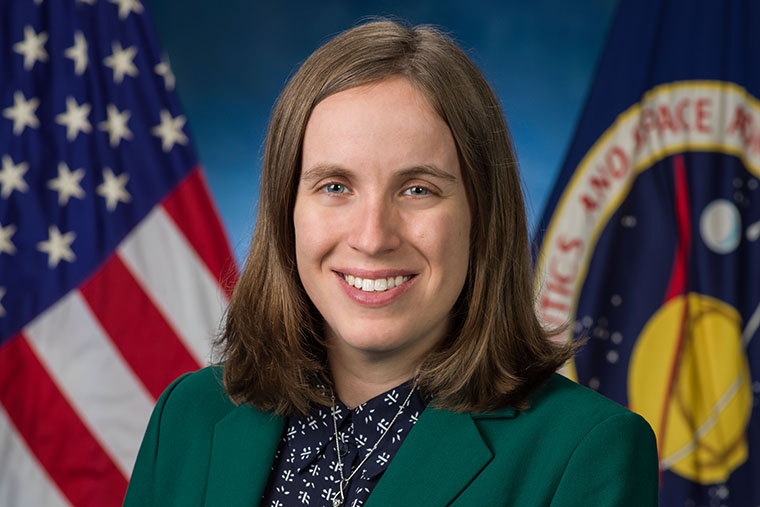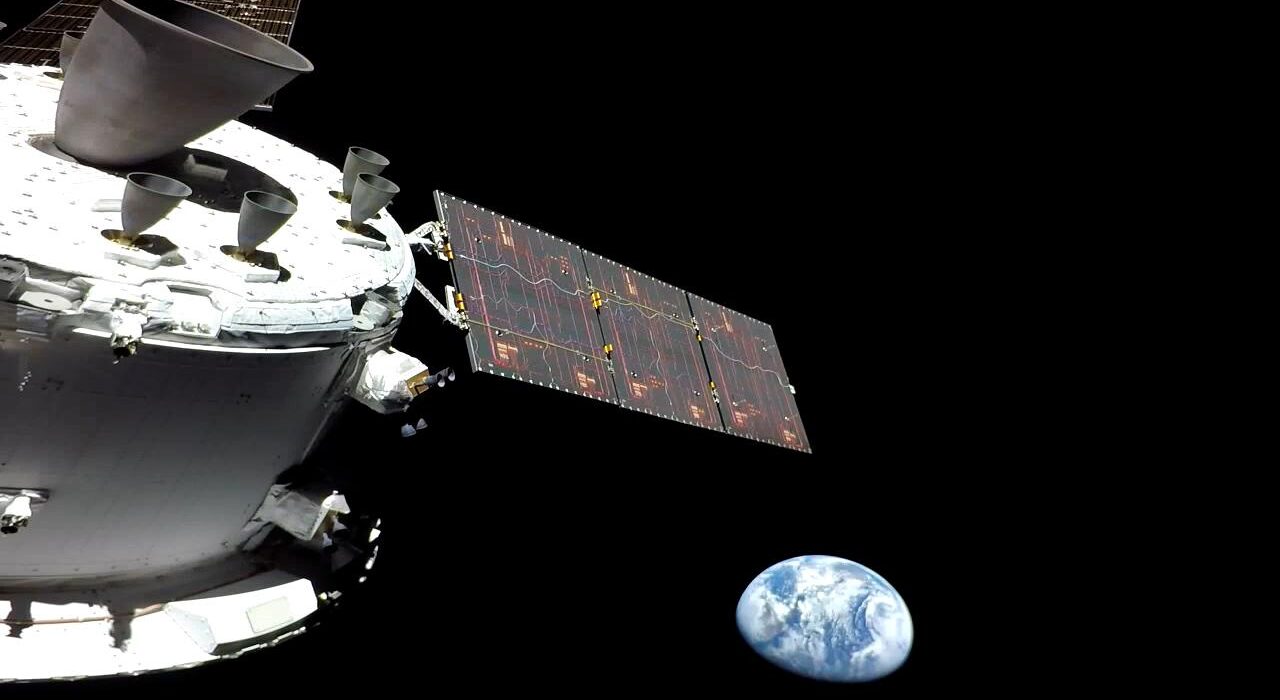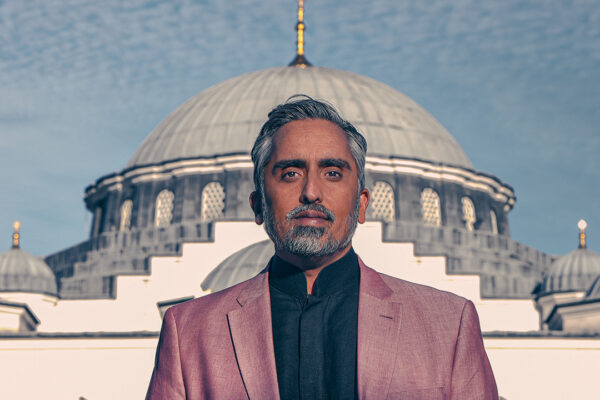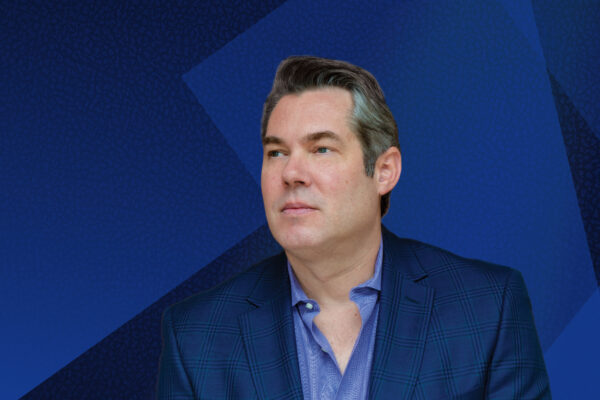A few things come to mind when Fiona Turett, BSME ’09, thinks about a “good day” at her job. She enjoys interacting with co-workers from different departments and figuring out the most efficient way to accomplish a task. And she loves a day spent training people, not only to help them, but to help her keep her skills current.
As someone who really likes problem-solving, Turett, who majored in mechanical engineering at the McKelvey School of Engineering, recalls a meeting she recently led to develop some contingency plans.

(Photo: NASA/Robert Markowitz)
The gist of the meeting? “When you have Orion, which is the vehicle that brings the crew back to Earth eventually, and the lander docked, and you have fire or depressurization, how do you keep the crew safe?”
“Working through creating plans for that, that was a great day for me,” she says.
Turett, who became a NASA flight director on Jan. 10, 2022, divides her time between supporting human spaceflight missions for the International Space Station and NASA’s Artemis missions, NASA’s program for returning to the Moon.* Here’s how she approaches her work leading teams of flight controllers, engineers and professionals throughout NASA.
It’s interesting, the things that you don’t realize are a skill until you realize you don’t have them. One of those, for me, was asking the right questions. A flight director is surrounded by a team of experts. We need to use that expertise if we want to be successful. So figuring out how to ask the right questions, to make sure I can do my job — putting all the pieces together into the big picture and making that integrated risk grade — took some practice.
My father is a mathematician, and he has books that he has studied and read for my whole life. I realized that type of studying, that type of focus on a single problem, is not my strength. What scientists do — discover totally new things over time — was not as appealing as a career compared to getting to do something where I get to see the results more quickly. Ultimately, the world I found myself in, which is not all engineering but operations, is very much about knowing a lot of different things at a shallower level than, for example, an astrophysicist would dig into. I like connecting the dots and doing the integration, so for me engineering was a better fit.
Apollo was never designed to stay. Ultimately, the goal has been to figure out how to go back to the Moon, and someday to Mars, but to do it in a way where we could stay. We needed to learn a heck of a lot, though, before being ready to stay. I’m ready to land on the Moon. We’re going to do it soon.
I was involved in the Catholic Student Center. A lot of the stuff Father Gary [Braun] talked about, working with other people, nicely, that is something I’ve gone back to my entire career. So much of what I do is teamwork-based; understanding how people operate and how to best work with those who operate differently has been incredibly valuable at every stage of my career.
*Artemis I is the first test flight of Orion, the spacecraft that will eventually carry astronauts during future missions. On Nov. 16, the Moon mission blasted off for its first uncrewed flight.



